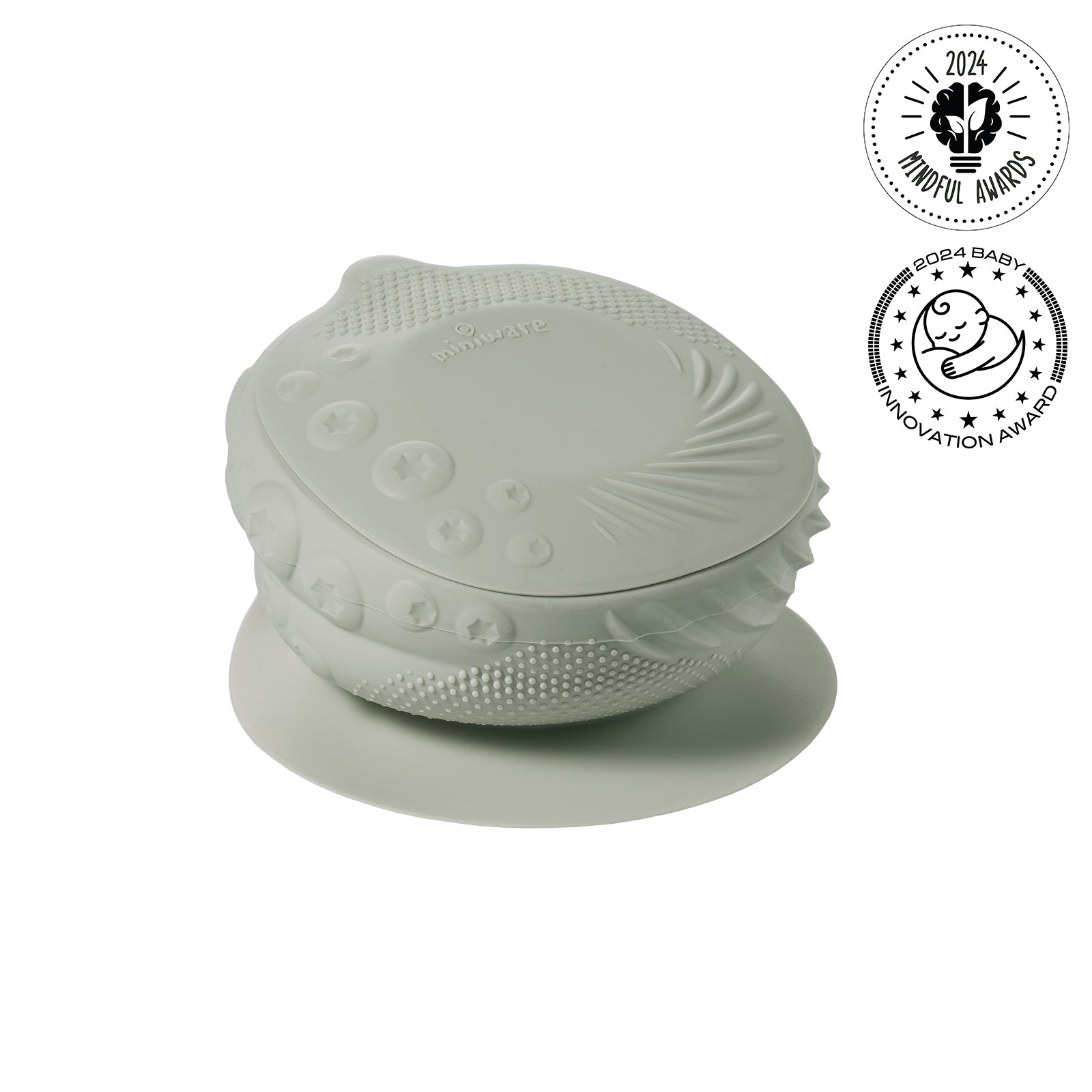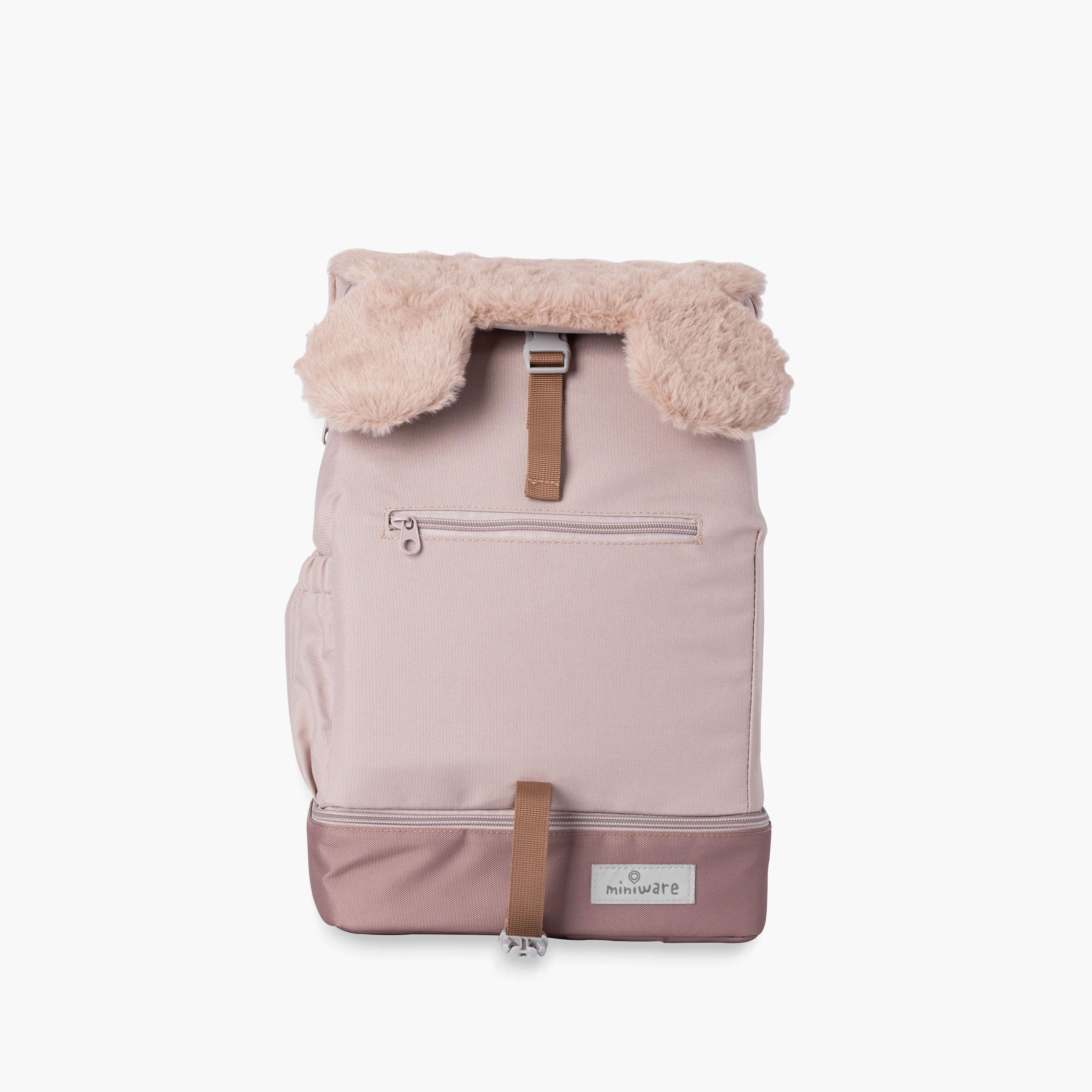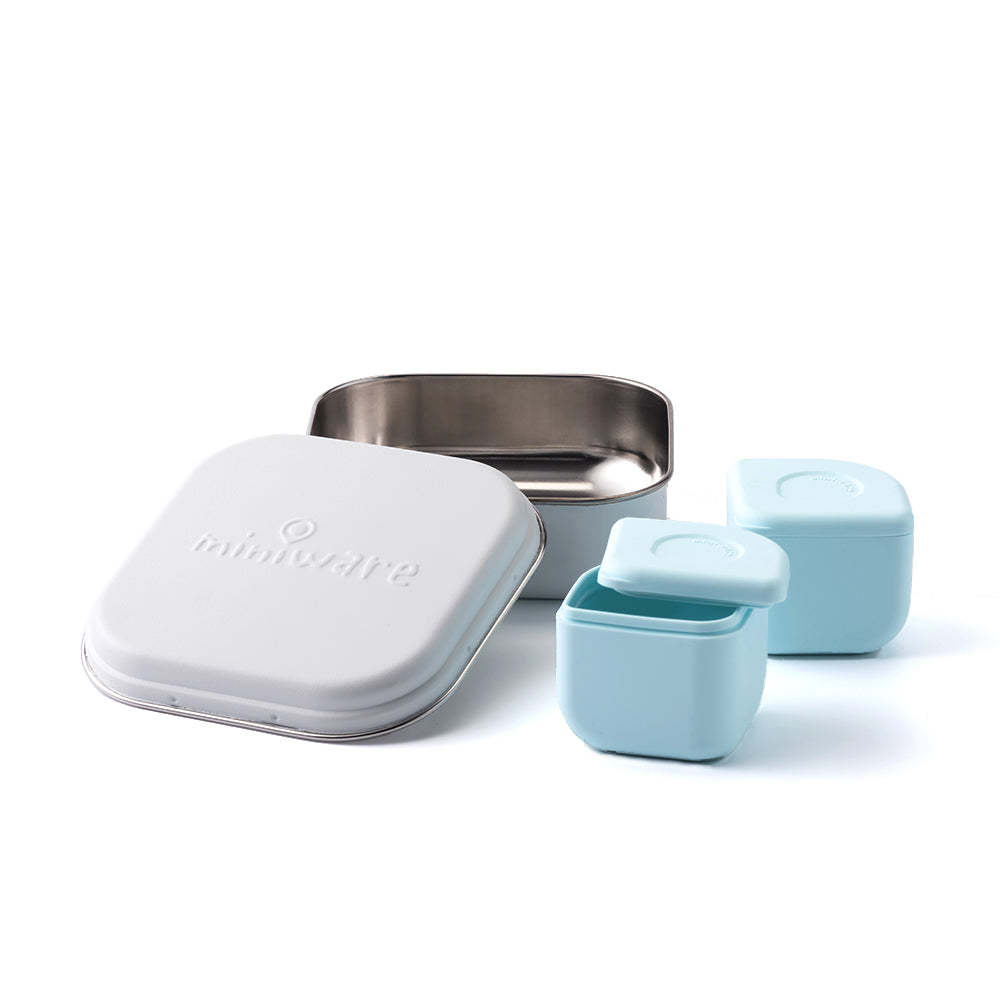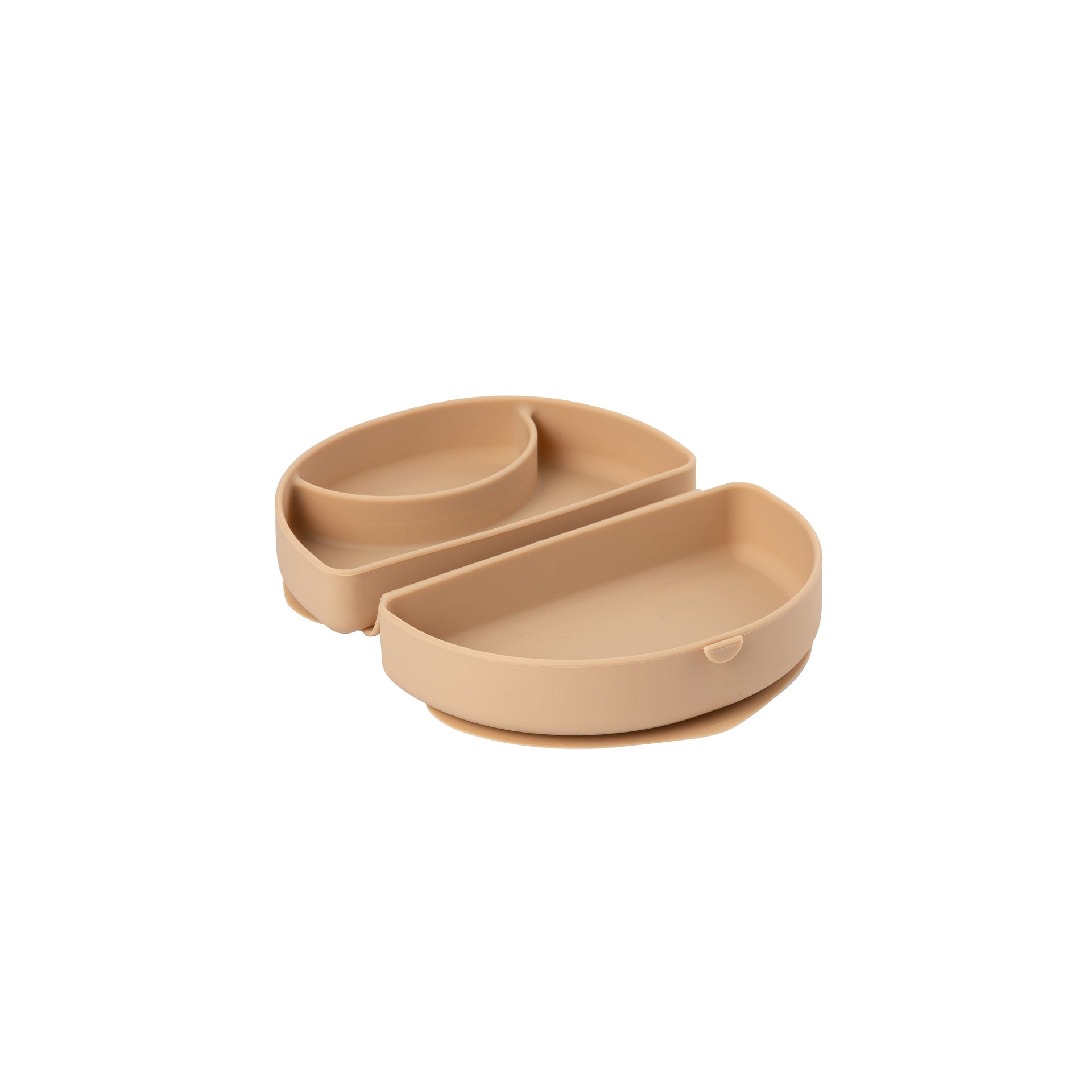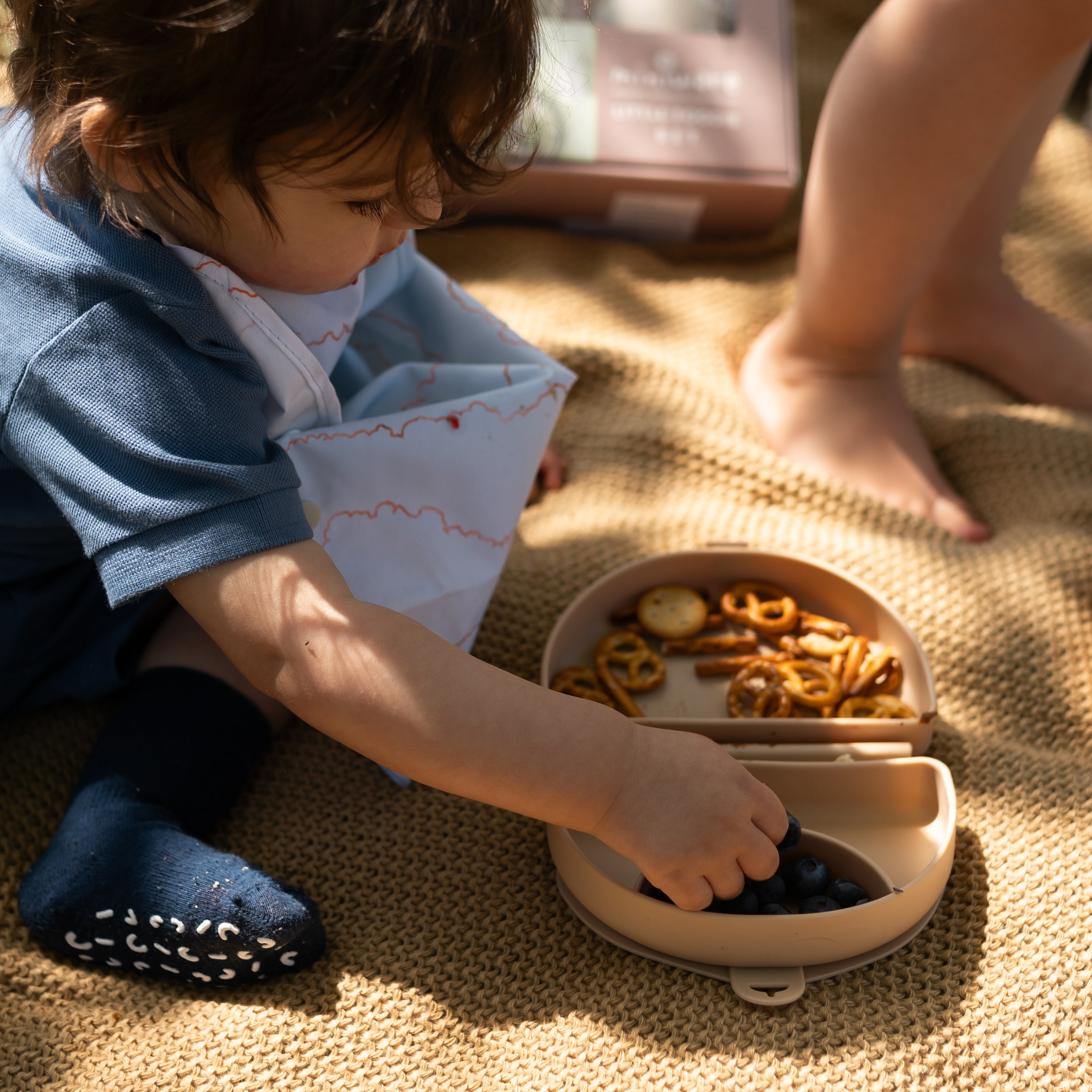Did you know that in the United States on average each person is responsible for generating 4lbs of waste per day? Even after normal recycling practices, this only drops to 3.5lbs! As stewards of the Earth, it’s our responsibility to do as much as we can to help preserve our precious planet. The impact waste has had on our land and in our water is astounding.
Take for example this whale who was found with 88lbs of plastic garbage in its stomach.
Three of the biggest contributors to household solid waste are cardboard and paper (27%), yard and food waste (28%) and plastics (13%) (source: EPA).
Fortunately, reducing household waste is something the whole family can participate in while feeling good about helping our animals, land, and water. Here are some things you and your kids can do to reduce your carbon footprint and save the planet!
1. Consider packaging when shopping. While some items clearly require the use of packaging, others do not. If there’s a choice between two hammers, one hanging on the rack and another in a blister-pack, choose the one without packaging. Avoid small products in packaging much larger than needed and when shopping online, choose shipping options where items are sent together instead of individually when ready. Produce doesn’t need to be shrink-wrapped and stored in Styrofoam, hit the Farmer’s Market instead. Don’t forget the cloth shopping bag! Buy in bulk when possible, especially products with no expiration. Helping your children think critically about waste when shopping for products is a great life-skill!
Here are 30+ health, beauty and household brands with zero-waste, sustainable packaging. Blog: Organically Becca
2. Choose alternatives to disposable products. While disposable products may offer some convenience, the toll on our landfills is staggering. Many families have mastered reusable shopping bags and water bottles, but small changes like replacing paper towels with dish towels, using reusable containers instead of bags, baggies and plastic wrap and using silicone baking mats instead of foil or parchment paper all help reduce family waste too. Switch to cloth napkins at mealtime, you’ll feel fancier! Skip the plastic straws at the drive-thru and use your own silicone or stainless-steel straws instead. Get kids used to using and charging rechargeable batteries for their toys and electronics and opt for gifts that don’t require batteries at all!

17 Cheap and Awesome Reusable Replacements for Disposable Products. Blog: Wise Bread
3. Reduce food waste and start composting. The whole family can contribute to reducing food waste by consuming leftovers, using up foods and ingredients you already have and using proper storage techniques. Spoilage is the top cause of food waste! If a product is still safe, find a way to use it. Turn stale bread into homemade croutons, freeze vegetable waste for stock and use over-ripe produce in cooking and baking. Starting a compost is a good project to get kids involved in. Composting can reduce as much as 50% of your family’s household waste! You’ll be teaching them another great skill while demonstrating the importance of making a difference.
100 Things You Can Compost. Blog: Small Footprint Family
Try It: Imperfect Produce – subscription program delivers perfectly delicious seasonal fruits and vegetables that would otherwise go to waste due to physical imperfections like size, shape or scarring.
4. Choose sustainable, eco-friendly companies and brands. Earth-friendly companies are producing products we use every day from clothing and cosmetics to household cleaners and diapers. While some brands may cost a little more than the cheapest product on the market, you can feel good products you’re buying. Do some internet research with older kids to help find the best available brands for the products your family uses most. Learning to look further than packaging and advertising when choosing which products to buy rewards companies that are making a commitment to conservation and imparts those values to your children as well!
Some well-known eco-friendly brands include Seventh Generation, makers of everyday home products known using plant-based materials and zero-waste packaging; Toms shoes is both eco- and socially-conscious, selling vegan shoes and using recycled materials in their creation, and Justin’s producer of nut butters and snacks who is dedicated to everything from saving the bees to using sustainably sourced palm oil.
Reducing household waste does more than lessen the impact on our landfills. Smart shopping and choosing products with low- or zero-waste packaging saves money from buying less food, reduces energy use and pollution, and reduces methane emissions helping our atmosphere!
Have tips for reducing household waste? Let us know on Instagram!
